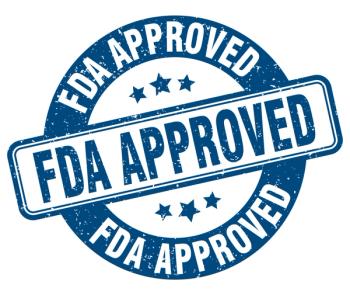
First Narcan Generic Gains Regulatory Approval
FDA granted final approval to drug originally tentatively approved in 2018.
Image Credit: ADAPT Pharma
On Friday, the FDA granted final approval to Teva Pharmaceutical’s generic Narcan nasal spray. The drug was originally tentatively approved on June 8th, 2018.
Disseminated to non-clinical professionals, the naxalone hydrochloride spray does not require assembly and administers a consistent, measured dose with each application. The use of naxolone spray in opioid-dependent individuals can result in severe withdrawal symptoms, including body aches, diarrhea, tachycardia, fever, runny nose, sneezing, piloerection, sweating, yawning, nausea or vomiting, nervousness, restless or irritability, shivering or trembling, abdominal cramps, weakness an increased blood pressure.
Trending:
“In the wake of the opioid crisis, a number of efforts are underway to make this emergency overdose reversal treatment more readily available and more accessible. In addition to this approval of the first generic naloxone nasal spray, moving forward we will prioritize our review of generic drug applications for naloxone. The FDA has also taken the unprecedented step of helping to assist manufacturers to pursue approval of an over-the-counter naloxone product and is exploring other ways to increase the availability of naloxone products intended for use in the community, including whether naloxone should be co-prescribed with all or some opioid prescriptions to reduce the risk of overdose death,” said Douglas Throckmorton, M.D., deputy center director for regulatory programs in the FDA’s Center for Drug Evaluation and Research. “All together, these efforts have the potential to put a vital tool for combatting opioid overdose in the hands of those who need it most – friends and families of opioid users, as well as first responders and community-based organizations. We’re taking many steps to improve availability of naloxone products, and we’re committed to working with other federal, state and local officials as well as health care providers, patients and communities across the country to combat the staggering human and economic toll created by opioid abuse and addiction.”
This approval marks the first of many proposed initiatives to combat the ongoing opioid crisis. Expect to see a greater emphasis placed on priority review and approval of generic opioid-combatants, as well as new initiatives for better addiction prevention, treatment, and recovery services; data; pain management; and research.
Newsletter
Pharmacy practice is always changing. Stay ahead of the curve with the Drug Topics newsletter and get the latest drug information, industry trends, and patient care tips.























